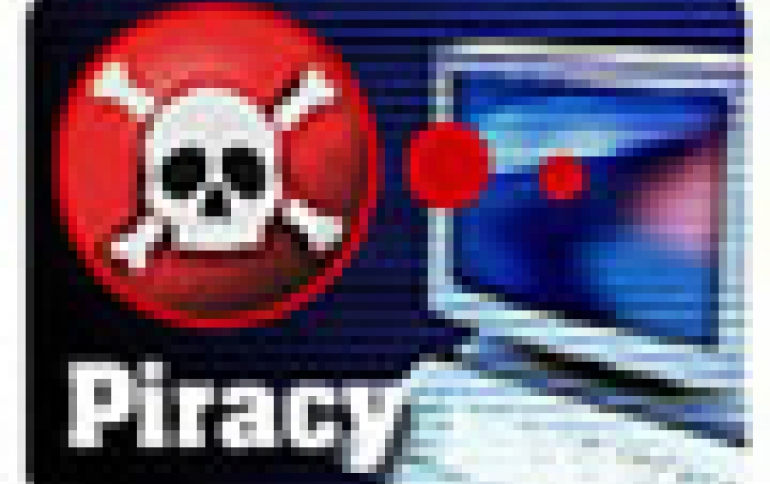
Microsoft Drops XP Pirate Checks
Microsoft has dropped Big Brother-style plans to track down pirated copies of Windows XP, dumping elements of its Windows Genuine Advantage Notification after they ignited a firestorm of controversy.
The stealth application, introduced with auto updates in Australia in April as part of a
pilot scheme, "phoned home" every time the computer was booted to confirm that the
operating system was genuine, according to reports from the AustralianIT New website.
If the software was pirated it triggered a series of irritating warnings.
Microsoft said the undisclosed daily check is a safety measure designed to allow a tool, called Windows Genuine Advantage, to quickly shut down in case of a malfunction. For example, if the company suddenly started seeing a rash of reports that Windows copies were pirated, it might want to shut down the program to make sure it wasn't delivering false results.
Now Microsoft has reacted to user anger by switching off the boot-up check.
However, the company has retained another tool, WGA Validation, which checks back periodically with Microsoft headquarters.
US users have already filed a class action against Microsoft alleging that the tool is spyware, and Australians are fuming over the covert nature of the program.
Computer repair companies in Australia, frustrated that the changes were introduced with no advance warning, have been left to deal with angry customers who have inadvertently bought PCs with pirated operating systems.
The notification scheme has caught plenty of people unaware, with computer service companies left to deal with clients who thought they had bought their software legitimately, only to find, sometimes years down the track, that it was pirated.
Software specialists said that the WGA program was part of a wider attempt by Microsoft to slowly but surely crack down on pirated operating systems and other software. Ultimately, even additional hardware may be locked out if the operating system was pirated.
San Diego lawyer Scott Kamber has filed a class action against Microsoft on behalf of millions of computer users, alleging the tool is spyware.
Microsoft said the undisclosed daily check is a safety measure designed to allow a tool, called Windows Genuine Advantage, to quickly shut down in case of a malfunction. For example, if the company suddenly started seeing a rash of reports that Windows copies were pirated, it might want to shut down the program to make sure it wasn't delivering false results.
Now Microsoft has reacted to user anger by switching off the boot-up check.
However, the company has retained another tool, WGA Validation, which checks back periodically with Microsoft headquarters.
US users have already filed a class action against Microsoft alleging that the tool is spyware, and Australians are fuming over the covert nature of the program.
Computer repair companies in Australia, frustrated that the changes were introduced with no advance warning, have been left to deal with angry customers who have inadvertently bought PCs with pirated operating systems.
The notification scheme has caught plenty of people unaware, with computer service companies left to deal with clients who thought they had bought their software legitimately, only to find, sometimes years down the track, that it was pirated.
Software specialists said that the WGA program was part of a wider attempt by Microsoft to slowly but surely crack down on pirated operating systems and other software. Ultimately, even additional hardware may be locked out if the operating system was pirated.
San Diego lawyer Scott Kamber has filed a class action against Microsoft on behalf of millions of computer users, alleging the tool is spyware.





















